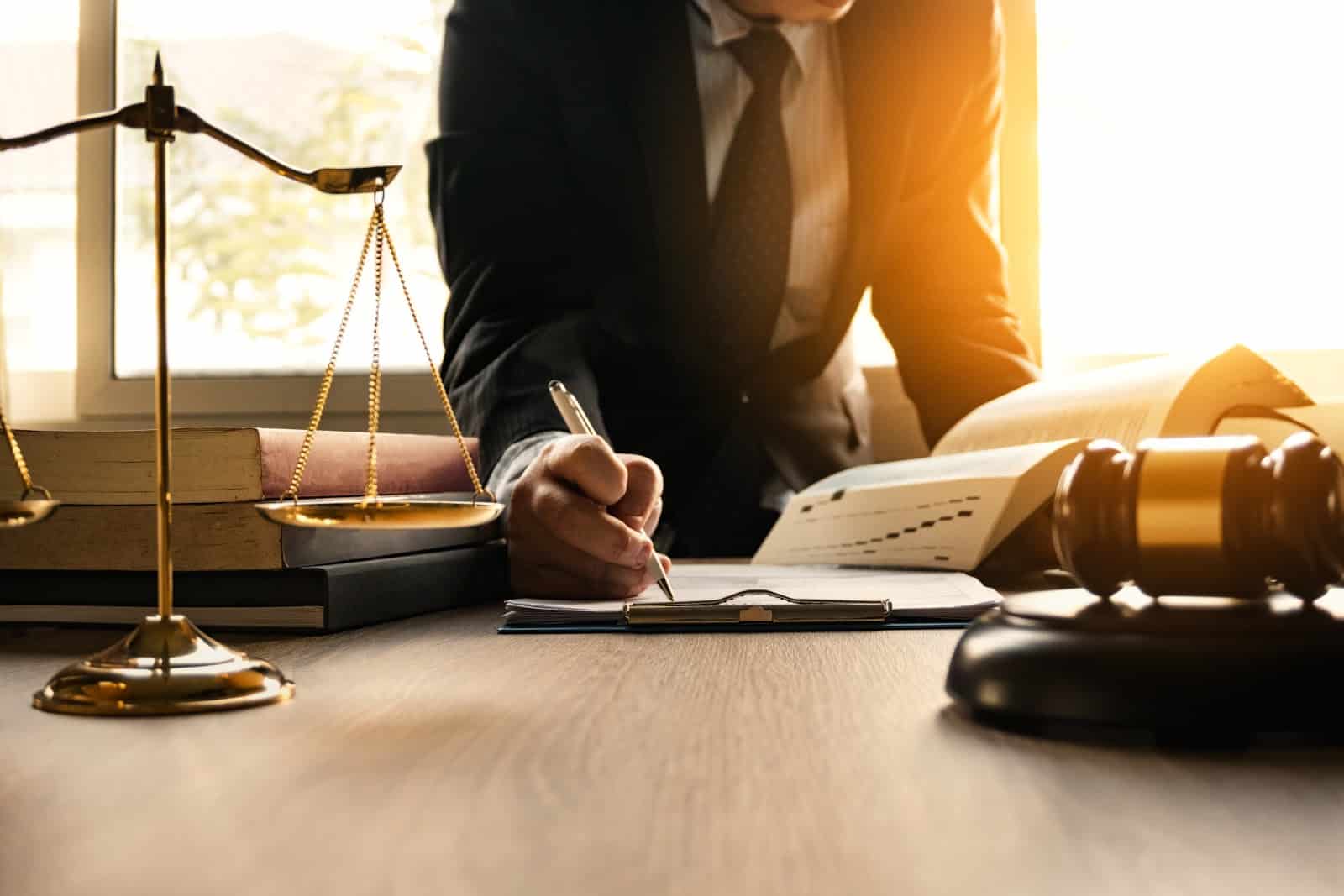Introduction
Car accidents can be life-altering events, leaving victims burdened not just with physical injuries but also with emotional and financial stress. When faced with the aftermath of a crash, many questions arise: How will I pay my medical bills? What about my lost wages? How do I navigate the complex legal landscape of personal injury claims? Finding the right legal representation is crucial in ensuring that you receive fair compensation for your injuries and damages. In this article, we’ll explore “Five Essential Questions to Ask Your Lawyer After a Car Crash” that can help you make informed decisions as you embark on this challenging journey.

Understanding the Importance of Legal Representation
Why You Need a Lawyer After an Accident?
The aftermath of a car accident can be overwhelming. From dealing with insurance companies to managing medical treatments, having an experienced lawyer by your side can provide peace of mind. A dedicated attorney will advocate for your rights, helping you navigate through complex legal procedures and ensuring that you don’t settle for less than what you deserve.
The Role of a Personal Injury Lawyer
A personal injury lawyer specializes in https://g.co/kgs/AQ2UDPA cases like yours, focusing on securing compensation for damages incurred during accidents. They’re well-versed in negotiating with insurance companies and understanding state laws regarding liability. This expertise is invaluable when it comes to building a strong case.

Five Essential Questions to Ask Your Lawyer After a Car Crash
1. What Is Your Experience With Car Accident Cases?
Understanding Their Background
Asking about your lawyer's experience specifically with car accident cases is paramount. You need someone who not only understands the law but has also dealt with circumstances similar to yours.
Evaluating Their Success Rate
Inquire about their success rate in handling cases like yours. Have they won significant settlements or verdicts? A seasoned attorney will have concrete examples of past successes.
2. How Will You Communicate With Me Throughout the Process?
Establishing Communication Preferences
Clear communication is vital in any attorney-client relationship. Discuss how often you can expect updates and through what channels (email, phone calls, etc.).
Understanding Their Availability
It's crucial to know if they will be available when you need them most or if you'll be passed off to junior associates or paralegals.
3. What Are Your Fees and Payment Structure?
Understanding Legal Fees
Most personal injury lawyers work on a contingency fee basis—meaning they only get paid if you win your case. However, it's essential to clarify what percentage they take from any settlement or judgment awarded.
Other Potential Costs
Inquire about additional costs that may arise during the process, such as court fees or costs for expert witnesses.
4. What Should I Expect During the Legal Process?
Breaking Down the Steps
Your lawyer should provide clarity on what steps lie ahead after your car crash. Understanding the timeline—from filing claims to potential court dates—can alleviate anxiety.
Possible Outcomes
Discuss possible outcomes based on their experience with similar cases. This will help set realistic expectations for both parties involved.
5. How Will You Handle My Case Specifically?
Tailored Strategies for Your Case
Every car accident case is unique; thus, it’s essential to understand how your lawyer plans to approach yours specifically. Ask about their strategy for collecting evidence and building your claim.
Collaboration with Experts
Will they collaborate with accident reconstruction experts or medical professionals to strengthen your case? A solid strategy includes leveraging various resources for maximum impact.
Additional Considerations When Choosing a Lawyer
Assessing Their Reputation in The Community
Ask around—what do others say about this lawyer's reputation? Online reviews and testimonials can offer insights into their reliability and effectiveness as an advocate.
Checking Credentials and Licenses
Ensure that your lawyer is licensed to practice in your jurisdiction and holds relevant certifications indicating their expertise in personal injury law.
Frequently Asked Questions (FAQs)
What should I do immediately after a car accident?
It's essential first to ensure everyone's safety and then contact emergency services if needed. Document everything at the scene—take photos, exchange information with other drivers involved, and gather witness statements when possible.
How long do I have to file a claim after an accident?
Each state has its statute of limitations regarding personal injury claims; generally, it ranges from one to three years from the date of the accident. It's vital not to delay taking action since missing deadlines can jeopardize your case.
Can I still recover damages if I was partially at fault?
Yes! Many states follow comparative negligence rules, allowing injured parties to recover damages even if they share some responsibility for the accident—though your compensation may be reduced based on your percentage of fault.
What types of compensation am I entitled to after an accident?
Victims may seek compensation for medical expenses, lost wages due to missed work, pain and suffering, property damage, and sometimes punitive damages depending on the circumstances surrounding the crash.

Do all car accidents require hiring a lawyer?
Not necessarily; minor accidents where there's little damage or no injuries might not warrant legal representation. However, consulting with an attorney is wise if there are significant damages or injuries involved.
What happens if my case goes to trial?
If negotiations fail or liability isn’t clear-cut, going to trial may become necessary. Your lawyer will represent you in court, presenting evidence and arguing on your behalf before a judge or jury who will ultimately decide on compensation amounts based on presented facts.
Conclusion
Navigating through the aftermath of a car crash can feel like traversing uncharted waters—a daunting task filled with uncertainties that often leaves victims feeling vulnerable and overwhelmed. By asking these five essential questions—regarding experience, communication style, fees, process expectations, and tailored strategies—you’re setting yourself up for success as you work toward recovery.
Choosing the right legal representation makes all the difference; it’s not just about winning compensation but also about finding someone who truly understands your situation and fights tirelessly on your behalf. Remember that you're not alone in this journey; seeking guidance from an experienced professional ensures that you're equipped with the knowledge necessary to face any challenges head-on while focusing primarily on healing from such traumatic experiences.